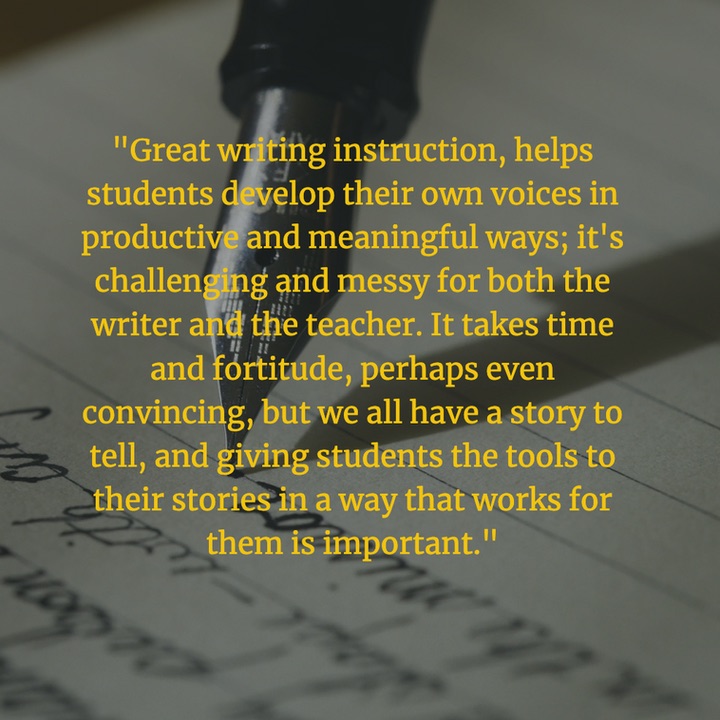Free Resources for Busy Parents and Educators Who Don’t Have as Much Time to Read and Surf as I Do

Rather than posting my traditional eight links today, I’m posting a link to an interview with Jo Boaler from Stanford who is my favorite math(s) teacher. I’m also posting a link to my summary of her book, Mathematical Mindsets, and my notes from this interview.
While observing teachers yesterday at Chenango Forks Central Schools in Upstate New York, Ed Kozlowski, a special teacher working in math classes, told me about this interview. He warned that it was an hour and a half long but well worth it. He was correct. You can break it into segments or listen as you exercise. You might also want to check out other interviews by Lex Fridman including a two-parter with Elon Musk. Also, in honor of Jay Black of Jay and the Americans (1938-2021), I’ve also included two links below under Humor/Music/Cool Stuff.
Jo Boaler: How to Learn Math, an Interview on Lex Fridman’s Podcast – This is 1:30 long, but well worth it for math teachers and teachers of anything else. @joboaler @lexfridman
My Notes From the Interview
Parents who have math anxiety probably shouldn’t try to help their kids with math unless they can fake it.
When teaching math it’s important to make things visual when you can. When you see it visually or build it you will make more connections in your brain. We are all visual learners.
When you give feedback try to send the message that “I believe in you or I know that you can do this.”
A good way to study is to test yourself. Try to recall what you were doing in class. Try to see the main ideas. Engaging in recall does a better job of building brain connections than additional study.
Collaboration is important. Social thinking helps with brain development.
As a course moves on try to access students and give them feedback rather than a grade. Give them a rubric and have them access themselves. Have students write the questions.
Surround yourself with people who believe in you and vice versa. These will be your best mentors.
Humor, Music, Cool Stuff
Jay Black (1938-2021) – Cara Mia – It starts with a minute of humor. He is 62 here and can still sort of hit the notes. If you want to hear the younger Jay sing Cara Mia and a few more hits, click here.

Recent Book Summaries & My Podcast

180 Moving Forward past the Pandemic with Dr. Doug Green – On October 4, 2021, I was Kim Mattina’s guest on her weekly show. Please join us for a discussion on what we can gain from our pandemic experiences as educators.

The Future of Smart: How Our Education System Needs to Change to Help All Young People Thrive by Ulcca Joshi Hansen
Noise: A Flaw In Human Judgement by Daniel Kahneman, Oliver Sibony, & Cass Sunstein
Weapons of Mass Instruction: A Schoolteacher’s Journey Through the Dark World of Compulsory Schooling by John Taylor Gatto
Unwinding Anxiety: New Science Shows How to Break the Cycles of Worry and Fear to Heal Your Mind by Judson Brewer
Where Good Ideas Come From: The Natural History of Innovation by Steven Johnson

Listen to Dr. Doug on the “Cup of Joe” podcast. I recorded it last week. On it, I talk about the many good things I have seen in schools doing hybrid teaching. @PodcastCupOfJoe @DrDougGreen @BrainAwakes
Grasp: The Science of Transforming How We Learn by Sanjay Sarma with Luke Yoquinto
Back to School COVID Myths – It’s popular to say that hybrid learning is negatively impacting poor students who generally attend schools with lots of discipline issues. Is it possible that some poor kids who make a serious effort to learn aren’t the big winners? There may be stresses at home, but not many bullies. @DrDougGreen @mssackstein
This is my podcast on the Jabbedu Network. Please consider listening and buying my book Teaching Isn’t Rocket Science, It’s Way More Complex. Here’s a free executive summary. @jabbedu @DrDougGreen
Boys and Sex: Young Men on Hookups, Love, Porn, Consent, and Navigating the New Masculinity by Peggy Orenstein
Emotional Intelligence 2.0 by Travis Bradberry & Jean Greaves (the book can be found here)
Upstream: How to Solve Problems Before They Happen by Dan Heath
Be sure to try the bottom right translate button for your favorite language or one you are trying to learn. If you don’t see it check your adblocking software.











 @Tritemare
@Tritemare